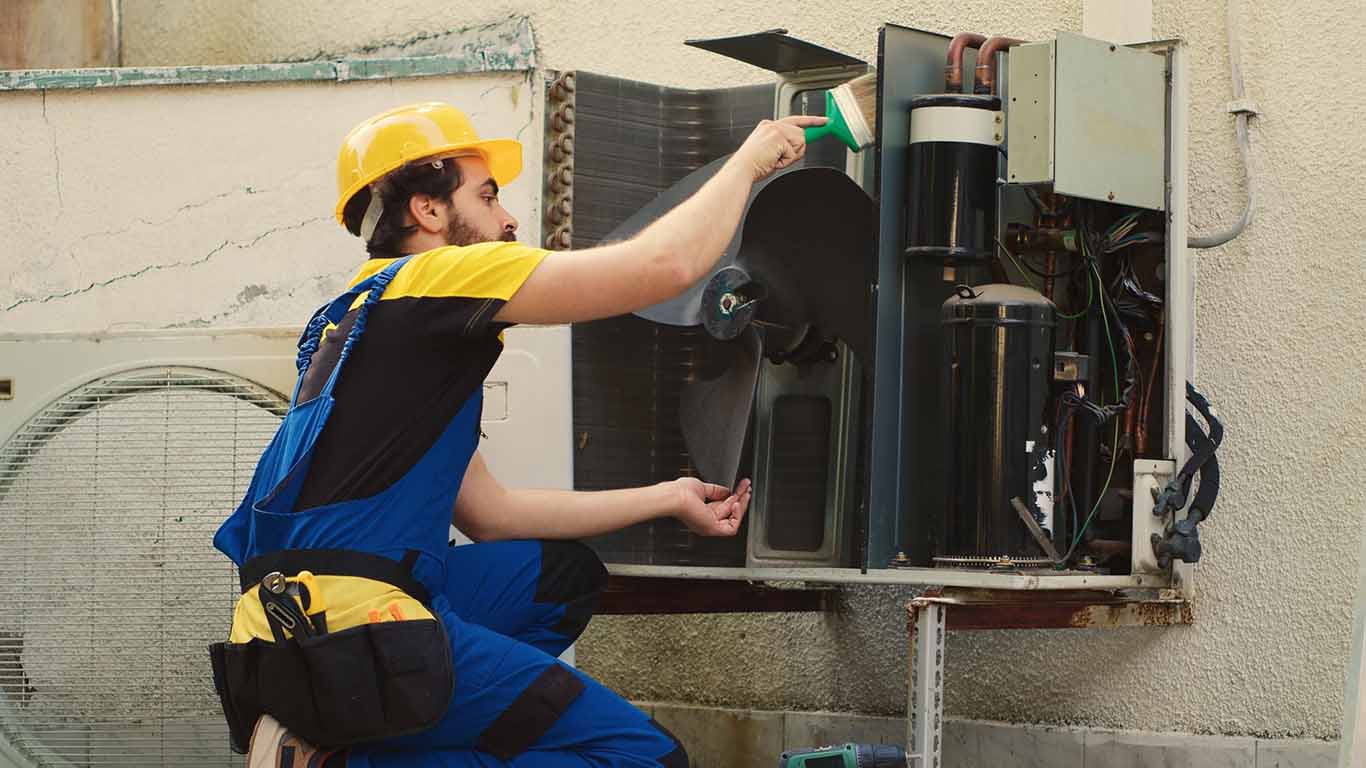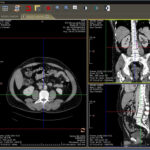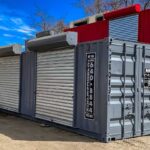The cooling system in your vehicle helps keep the engine temperature correct. It protects from overheating, maintains efficiency, and prolongs engine longevity. But the vacuuming of the cooling system is often neglected by car owners during maintenance work.
Omitting this step can lead to dire issues down the line. Contaminants accumulate, coolant flow stalls, and the engine begins to pay the price. If you don’t clear out the system, you risk expensive repairs or even total engine failure.
Knowing the dangers of skipping this important maintenance will keep you from expensive damage. So, continue reading before you look for advance cooling systems.
Obstructed Passages Decrease Coolant Flow
Skipping it enables debris, rust and dirt to accumulate inside the cooling system. These particles build up over time, clogging narrow passages within the radiator, hoses, and water pump.
As a result, the coolant cannot flow freely. Overheating due to poor circulation through the motor causes severe engine damage. The efficiency of the radiator declines, and heat accumulates quicker than it can be expelled.
A thermostat can also fail when the flow of coolant is obstructed. It will be unable to accurately regulate temperature, leading to inconsistent engine performance. The sensors built into the cooling system sometimes misread, and it becomes difficult to detect issues in their early stages.
Regular vacuuming clears out blockages and lets everything run smoothly. Keeping the air conditioning system clean will assist in using it in an efficient way and also prevent from expensive repair work.
Corrosion Weakens Components
Coolant also contains additives that help prevent the metal parts of the engine from rusting and corroding. But dirt and old fluid degrade these additives as time goes on.
As time passes and you skip vacuuming, those corroded particles mingle with the coolant and create a damaging sludge. This sludge tends to coat the insides of the radiator, heater core and engine block.
Corrosion degrades the cooling system’s ability to handle heat and pressure. Hoses and connections develop small leaks over time. These leaks can cause coolant to escape, which can hurt the system’s ability.
If corrosion reaches the water pump, it can fail, resulting in overheating. This process effectively cleans harmful contaminants and ensures all parts receive clean coolant. Basic upkeep maintains the system’s integrity that averts costly repair.
Air Pockets Cause Overheating
Air bubbles can be trapped inside the system when you replace or refill coolant, for example. When you skip vacuuming, these air pockets stay and interfere with the cooling process. Air by default conducts poorly as compared to liquid coolant.
So, when bubbles accumulate in important regions, the engine cannot cool down effectively. One such competing issue caused by air pockets is temperature spikes.
The temperature gauge may be indicating normal one minute and then skyrocket the next. Internal parts may be under stress, as the engine may overheat unexpectedly. In extreme situations, engine overheating can break the engine block or blow the head gasket.
By using vacuum, the trapped air can be removed. Coolant is distributed even. It avoids rapid temperature changes and protects your engine. Skip this step, and you’re facing unpredictable overheating and catastrophic engine damage.
Costs Of Repairs And Reduced Engine Life
Failure to impact vacuuming is not limited to say one part. It also inflicts long-term damage that requires expensive repairs. Overheating distorts engine parts, creating leaks and internal wear.
Corrosion causes metal surfaces to weaken and makes them more likely to crack and fail. Clogged ducts put a strain on the entire vacuum watercooling system, causing it to work harder than it needs to.
Continued overheating may result in blown head gaskets, mixing oil and coolant. This type of repair is among the most expensive in a car. If the damage is severe, the engine might need to be replaced.
This can all be prevented with regular maintenance as well. Sweeping the cooling system will help to ensure it is clean and operating at maximum efficiency. You might save some time by skipping it now, but it will be far more expensive over time.
Conclusion
The cooling system of your vehicle is integral to engine health. If you don’t vacuum, you get clogged passages and corrosion, you get air pockets, and you can get a failed water pump.
And any of these issues can lead to overheating, expensive repairs, or engine failure. Regular tune-ups ensure all things are running smoothly, keeping your engine alive longer.
A vacuum will cost you little compared to the cost of extensive repairs! A clean cooling system keeps the performance smooth while saving your vehicle from break down.











